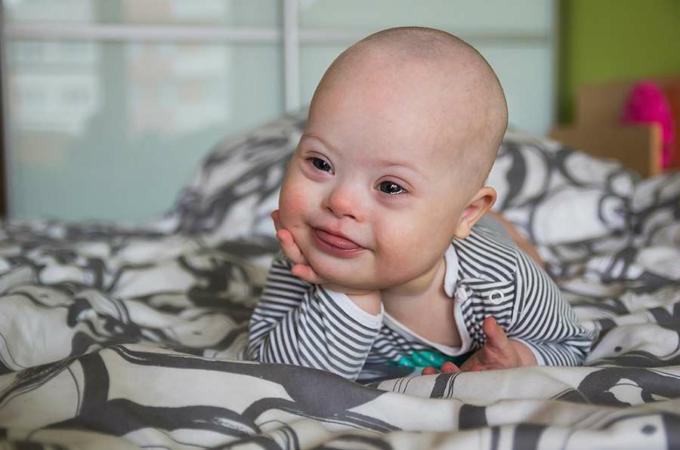Utah, Pennsylvania consider banning Down syndrome abortions
Harrisburg, Pa., Mar 9, 2018 CNA/EWTN News.- The states of Utah and Pennsylvania are considering legislation that would ban abortions solely due to a prenatal Down syndrome diagnosis, in an effort to protect babies with disabilities from discrimination.
In Pennsylvania, it is currently legal for a pregnant woman to obtain an abortion until 24 weeks gestation, unless the decision for an abortion is based solely on the baby’s gender.
House Bill 2050 and Senate Bill 1050, which are being introduced in the Pennsylvania General Assembly, aim to make Down syndrome selective abortions illegal in the state.
“Sadly, many physicians and counselors still push families touched by Down syndrome toward abortion instead of giving their children a chance at a happy life,” said Sen. Scott Martin (R-Lancaster), the bill’s sponsor.
“Many Pennsylvanians know someone whose life has been touched by Down syndrome. Despite the challenges that this condition creates, individuals with Down syndrome undoubtedly can lead full, productive, joyous lives if they are given the chance to do so,” Martin continued, according to local news reports.
The Pennsylvania Family Council & Family Institute applauded the measure, saying that
“Pennsylvania should be a place where every individual – including those with Down syndrome – is protected, respected and valued.”
The Pennsylvania Catholic Conference also voiced support for the proposal and drew attention to a special event at the state Capitol on March 12 that will advocate for the passage of the abortion ban bills.
In Utah, a similar measure was passed by the state’s House earlier in the week. The bill was introduced by Karianne Lisonbee (R-Clearfield).
The Utah bill was approved by a Senate committee last week, and awaits its final approval on the Senate floor.
Other states with Down syndrome-selective abortion bans include North Dakota, Ohio, Indiana and Louisiana. In much of the U.S., abortion rates for babies who have been diagnosed with Down syndrome are high.
“Many of our local communities are home to individuals with Down syndrome, and each and every day, they prove the people with the condition can live happy, healthy and productive lives,” said Martin.
“My bill is designed to protect their most basic right – to exist. It aims to prevent an entire class of people from being erased on the sole basis of disability.”



















